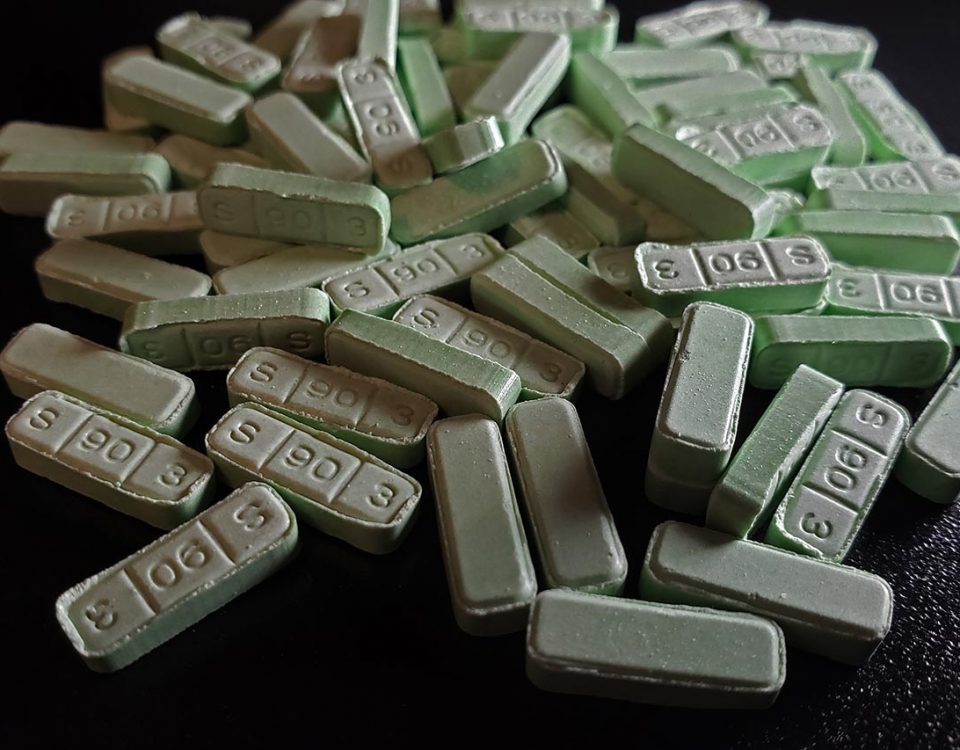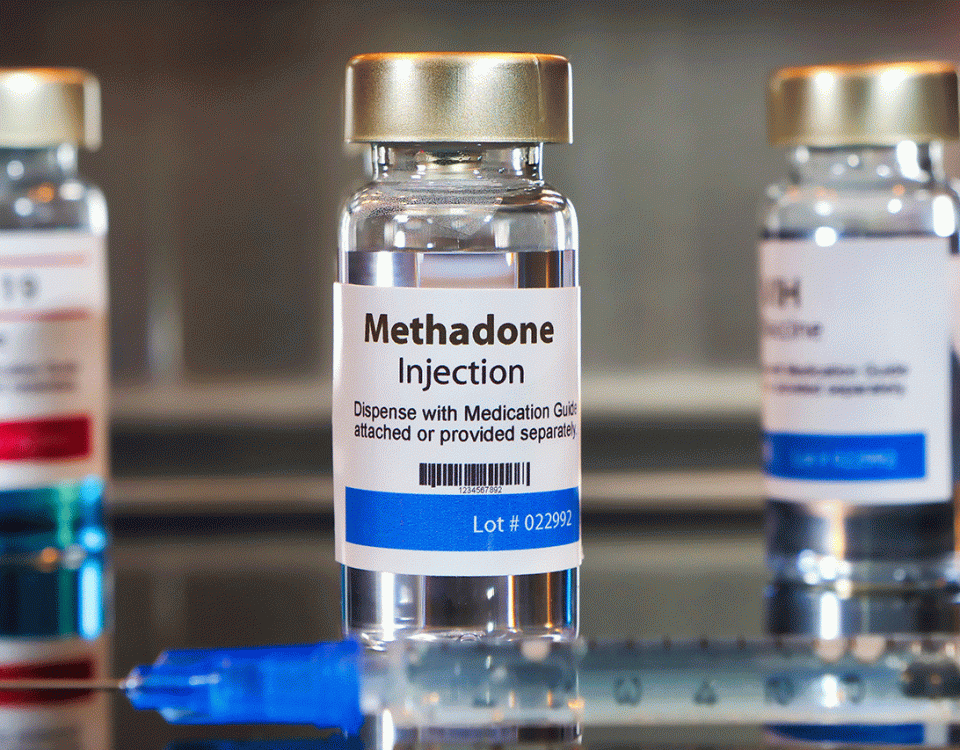In the early 1900s, well-known psychoanalyst Sigmund Freud introduced the theory of psychosexual development. His theory claimed that children experience five Freudian psychosexual stages that define their behavior in adulthood. According to the theory, a child is sensually aroused by certain stimuli through each stage of development, each of which is designed to satisfy developmental needs. Today, we’re going to be talking about the oral stage of this theory and how oral fixation and alcohol abuse are linked.
What Is Oral Fixation?
If a child’s needs aren’t met during a specific Freudian psychosexual development stage, they can develop something known as a fixation or a hang-up that’s related to the phase to cope. In adulthood, these unresolved needs may be expressed through negative and self-destructive behaviors, such as alcohol abuse.
A fixation is an obsessive drive to behave a certain way. For Freud, fixations were connected to a specific erroneous zone in the corresponding developmental stage.
If the fixation or hang-up occurs in the oral stage, it’s known as an oral fixation. The oral stage of Freud’s psychosexual development theory is when a child is most aroused by oral stimulation.
Sucking, nail-biting, and breastfeeding are all common oral-oriented behaviors during this stage. Oral fixation is defined as an obsessive, unhealthy behavior that involves the mouth, such as smoking, gum chewing, candy-eating, and nail-biting.
According to Freud, when a baby does not receive enough oral stimulation during this phase, they can later develop oral fixations. The oral fixation definition covers the behaviors, but what about their causes?
Freud believed that an infant could develop an oral fixation if they have difficulty weaning (breastfeeding), are weaned too soon or too late, or are neglected, inhibiting them from appropriately adjusting to new eating habits. Oral fixation might also occur if the infant is neglected or underfed or if it’s overprotected and overfed.
What Is the Relationship Between Oral Fixation and Alcohol?
According to Freudian psychology, oral fixation is caused by conflicts in the oral stage of psychosexual development. The oral stage occurs from birth to about 18 to 21 months.
The oral stage is the first of Freud’s psychosexual development theory, during which the libido is centered in a baby’s mouth. During the oral stages, babies get satisfaction from putting all sorts of things in their mouths.
One of the main examples of oral fixations in adults is alcohol abuse. Oral fixation and alcohol abuse are linked, according to Freud's theory.
Freud believed that alcohol and oral fixation are linked to childhood neglect. Therefore, oral fixations, such as excessive drinking, may be used as coping mechanisms for stress.
For instance, an individual with oral fixations may come home from a stressful day at work and turn to oral fixations like nail-biting or drinking. Stress drinking is one of the most common contributors to alcoholism.
Many alcoholics originally started drinking to feel good and destress. What started off as a few beers a day became a daily 24-pack ritual. In this way, oral fixations and alcohol abuse are linked.
Finding Alcohol Addiction Counseling Near Me
While there are plenty of oral fixation alternatives for smokers and nail-biters - such as sugarless gum and candy, vegetable sticks, and toothpicks – what about the people who are addicted to alcohol? They can find help at our Massachusetts rehab center.
Our facility offers alcohol addiction treatment that utilizes therapy techniques like cognitive behavioral therapy (CBT) to help clients understand the source of their addictions, such as certain thoughts and emotions. This program is especially popular in substance abuse treatment because it addresses the thoughts and emotions linked to self-destructive behaviors, promoting long-term recovery.
Our rehab in Massachusetts also offers help for families of alcoholics to help clients mend relationships that were broken by alcohol abuse and help them build a strong support system at home. No matter how long you’ve been struggling, we’re here to help.
Call Banyan Treatment Centers today at 888-280-4763 to get started with our Boston addiction treatment.
Related Reading:









